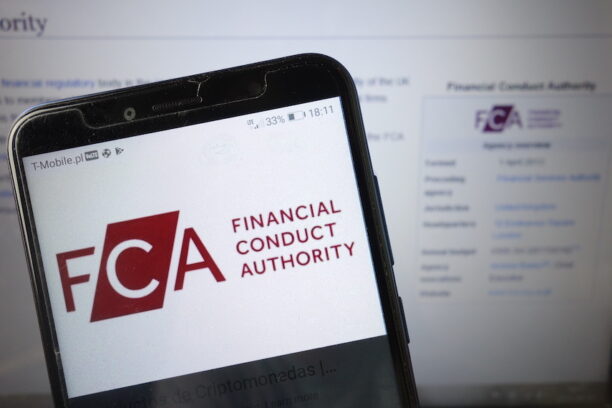JPMorgan published a new report “First Principles – Controversy Watch: A playbook to assess the financial impact of controversies” purporting to provide a “comprehensive investor guide to navigating controversies, leveraging JPM Quantitative Research, case studies and academic research to analyse the conditions under which these events impact a stock’s financial performance.”
First, JPM defines controversy as “negative news that signal poor sustainability practices. In the context of sustainable investing, controversies refer to negative news about a company that may indicate poor sustainability practices or increased sustainability- related business risks. Negative news can vary from a company announcing a major product recall, to incidents at a factory causing substantial environmental and social harm, such as an oil spill.”
There is a lot to digest but my very brief takeaways are:
- “Stocks with poor ESG scores struggle to mitigate controversy fallout… stocks with strong ESG profiles are better equipped to manage and mitigate the impact of such events, highlighting the value of robust sustainability practices in safeguarding against controversy-related risks.”
- “… aside from extreme (and rare) cases, the financial impact of controversies can be challenging to discern, as it often requires evaluating the existing sustainability consensus on the stock and the potential severity of the case, among others.”
- Once the impact is identified, it has an “enduring negative impact on stock performance”: stock prices face a “minor correction” when an incident happens. After that, stocks consistently perform worse than similar companies and the overall market. The study methodology looks at the period 12 months after the event.
The report presents a 4-step playbook:
This isn’t much different from a stakeholder or materiality assessment – double or otherwise, so no need to get wrapped around the axle here if you decide to go down this path. The paper is worth a read and can be helpful in ensuring your assessments cover possible equity market response to bad sustainability/ESG news.
Our members can learn more about what investors consider important in sustainability here.
PracticalESG provides tools and guidance for in house staff and outside advisors – from beginners to senior practitioners. In addition to creating our own unique tools for members to use, we scour third party resources, vetting and filtering them – saving you hours of your day. And we don’t use AI to produce any content or have annoying ads.
If you’re not already a member, sign up now and take advantage of our no-risk “100-Day Promise” – during the first 100 days as an activated member, you may cancel for any reason and receive a full refund. But it will probably pay for itself before then.
Are you a client of one of our Partners? Contact them for exclusive pricing packages for PracticalESG.











